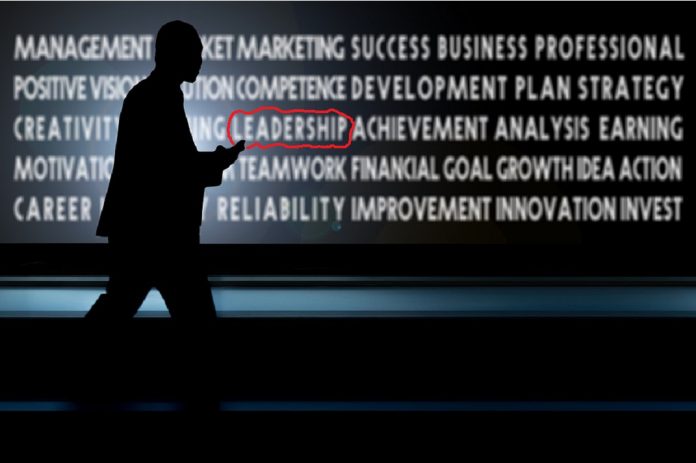by Laura Belyea, COO at Talivest
We can all think of a great boss we’ve had in our careers. After all, those that are adept at leading the way often leave an indelible mark on their teams – it’s one of the notable characteristics of effective leadership.
But great leaders need to be cultivated, mentored and developed – a task that doesn’t come easy when we’re living through a global crisis. However, research from Go1 suggests that especially in these challenging times, we must continue to invest in our workforce, particularly those at the top, if they are to help navigate us through the uncertain waters ahead.
Although we may experience less face-to-face contact at the moment, there’s still creative ways to upskill team leaders.
What is effective leadership?
But first, it’s important to understand what makes an effective leader in the first place.
An effective leader could be considered a senior figure that delivers a company vision with success. They value integrity and transparency, and use clear communication to share their vision. Crucially, in doing so, they gain the respect and trust of their workforce, bringing them on their journey. This might be one of the most important qualities, as research shows that ‘people and communication skills’ ranks in the top five hot topics for corporate training right now.
Why effective leadership has been so important in 2020?
2020 has been a year unlike any other. As we find ourselves logging in to Zoom calls and spending far greater screen time than ever before, digital tools have been a valuable stand-in for face-to-face communication.
Some things however haven’t changed. Like the need for strong leadership. But with the financial and logistical challenges faced by businesses this year, it has certainly put a strain on leaders and cast a spotlight on those at the top.
This has been widely acknowledged, with 42 per cent of employees agreeing that strong leadership and direction must be a priority right now. However, it remains a challenge when the majority of budgets (72 per cent) have been culled.
Nonetheless, being able to galvanise widely dispersed teams takes great skill. This is essential for motivating teams and ensuring they remain focused, driven and productive. And as research shows, a motivated workforce is more creative and contented, with lower levels of absenteeism and turnover too.
How to develop effective leaders?
This is one of the most pressing current issues. Not just because of limited budgets and logistics, but the challenge of no ‘one-size-fits-all’ solution. Upskilling leaders is a complex and delicate balance, centered around:
- Negotiation
- Team building and teamwork
- Emotional intelligence
- Mentoring
But there is an answer. A trend we’re seeing more of is remote and online learning, with a 30 per cent increase in time spent learning per month since the start of Covid. When you consider that employees have less time commuting and more flexible working patterns, it’s no surprise.
Plus, online training courses tend to be more affordable and accessible in the current climate. From a HR point of view, it can also support wellbeing, by investing in team members, so is something all businesses should be looking at.
Conclusion
2020 will be defined by more than just Covid; it will also be remembered for business leaders that took sharp, swift action to adjust to the ‘new normal’. From governments through to start-ups, the onus lies on effective leaders not just in 2020, but in the turbulent months ahead.









































